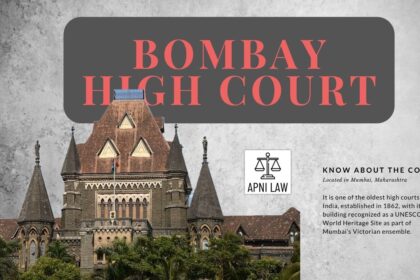The Calcutta High Court has underscored the critical need for capacity building in forensic science to ensure the effective implementation of the Bharatiya Nagarik Suraksha Sanhita (BNSS). The court pointed out that the current forensic science laboratory capacities are insufficient to meet the demands emphasised by BNSS.
A division bench consisting of Justices Joymalya Bagchi and Biswaroop Chowdhury detailed various provisions of BNSS that rely heavily on forensic science in investigations. Section 176(3) of BNSS requires forensic examination of crime scenes for offenses punishable by seven years or more. Section 184 mandates a medical examination, including DNA analysis, for rape survivors. These provisions place a significant responsibility on the state to enhance its forensic laboratory capabilities.
Observation
“The existing capacities of CFSL and SFLs are inadequate to meet the growing demands of forensic investigation,” observed the court. This observation followed an earlier directive for the National Institute of Biomedical Genomics (NIBMG) to be notified as a central forensic science laboratory (FSL) to help manage the load on current facilities.
However, a report from the NIBMG Director revealed that the institute’s scientists were not trained in handling criminal forensic samples, being specialised in genomics, genetics, microbiology, and other scientific fields instead. This revelation led the court to request an affidavit detailing the qualifications and experience of NIBMG faculty.
Conclusion
The court further noted that the Union Cabinet’s mandate restricts NIBMG to research purposes only. Thus, barring it from conducting DNA analysis for criminal cases. Given this stance, the court has urged the Principal Secretary of the Ministry of Home Affairs to discuss the issue. Moreover, with the Principal Secretary of the Department of Science and Technology. This dialogue aims to explore how forensic facilities in research and educational institutions like NIBMG can be utilized. They are to support the new laws effectively.
By highlighting these challenges and proposing collaborative solutions, the Calcutta High Court aims to bolster forensic science capacities, crucial for upholding justice under the BNSS framework.








